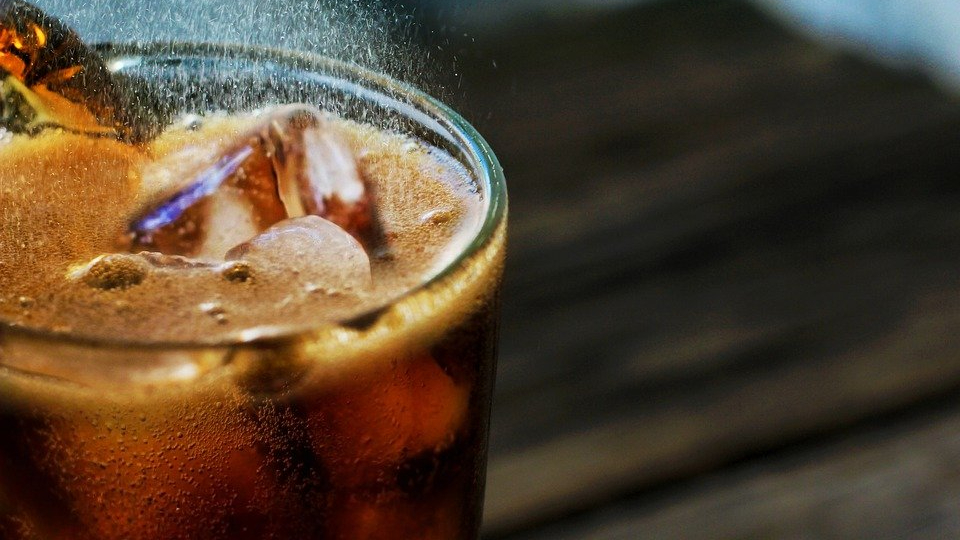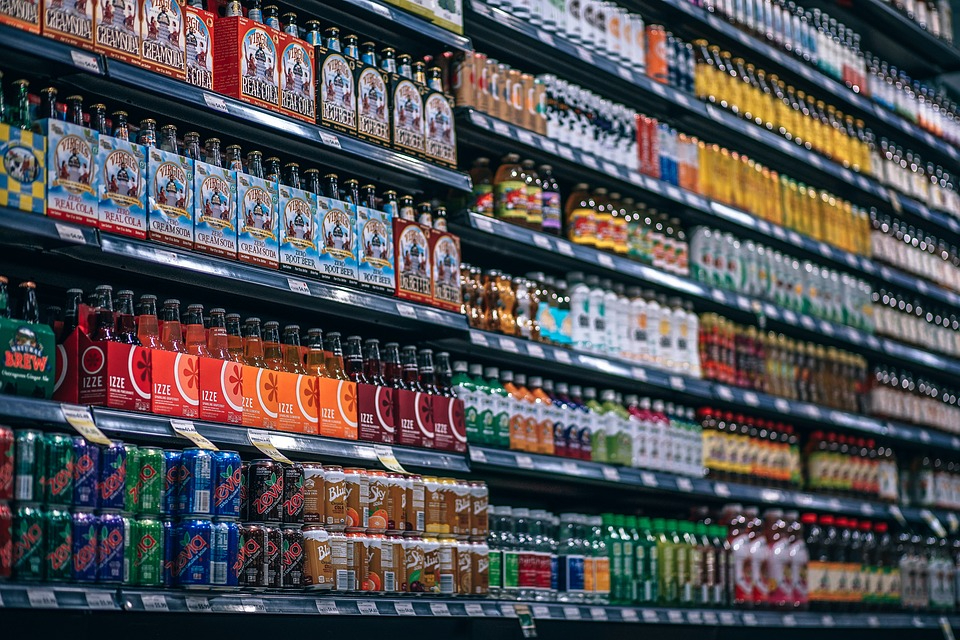Diet Sodas Might Cause Adverse Food Cravings
Diet sodas could be causing some people to have some particular food cravings.
This article is more than 2 years old

Diet soda and various other foods that use artificial sweeteners may increase food cravings in some people, new research has found. The study, published in the medical journal JAMA Network Open, concluded that sucralose (the sweetener in diet sodas) can lead to appetite increases after monitoring reward activity in the brain.
Interestingly, the negative effects of artificial sweeteners in diet sodas are most prominent in women and people with obesity. These groups of people experienced greater brain reward activity after consuming the artificial sweetener. This was confirmed by study author Katie Page who is also a physician specializing in obesity at the University of Southern California.
Both lots of people experienced a reduction in the hormone that inhibits appetite. As a result, they ate more food after they consumed drinks with sucralose, compared to drinks sweetened with regular sugar. By contrast, the study revealed that males and people in a healthy weight range did not experience an increase in brain reward activity or hunger response.
The suggestion that weight and gender were important factors in how the body reacted to artificial sweeteners in diet sodas was the most surprising part of the study. However, this is in line with earlier research that focused on men and people in a “normal” weight range.
As such, it’s rather distressing that the new finding suggests that diet sodas sweetened with sucralose could be disadvantageous to the very people who could benefit most from an effective diet strategy. “It is precisely people with obesity who disproportionately suffer from a strong drive to eat high-calorie foods,” says Laura Schmidt, a professor of health policy at the University of California in San Francisco.

For the study, Page and her team measured the response to diet sodas in three different ways. They used functional MRI brain images of 74 study participants to document the activation of parts of the brain linked to appetite and cravings. Additionally, they used blood samples to measure blood sugar and metabolic hormones that can drive hunger. They also tracked the volume of food consumed by participants at a buffet table that was open at the end of each study session.
In general, trying to determine whether diet soda helps or hinders one’s effort to lose weight has been difficult. Some studies have revealed a few benefits. But long-term research states that drinking diet soda is linked to an increase in weight.
In an email to NPR Laura Schmidt said her study offers some clues as to why. Artificial sweeteners could be priming the brains of people with obesity to crave high-calorie foods. Therefore, there’s ongoing research into the complex ways that artificial sweeteners may influence metabolism and weight. “These results are consistent with patterns that we’ve actually seen in my lab in [animal] studies,” said Susan Swithers, a behavioral scientist at Purdue University who was not involved in the new study but reviewed the findings.
Researchers have theorized that it’s not the artificial sweetener that affects the body. The idea is that sweeteners confuse the body by tricking it into thinking sugar is coming. If this is happening to people who drink diet soda, it could add to the risk of Type 2 diabetes. This is because when blood sugar rises, the body has to release more insulin to absorb the sugar. “So what you’re doing is you are kind of pushing the system harder,” Swithers says.
Given the new research, should folks who drink diet soda in an attempt to lose weight give up on artificially sweetened drinks entirely? According to Schmidt, it might be a good idea. “People with obesity might want to completely avoid diet sodas for a couple of weeks to see if this helps to reduce cravings for high-calorie foods.”




